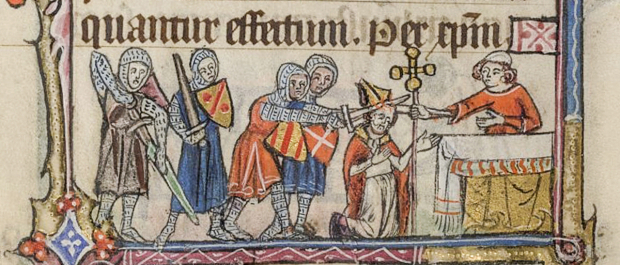Thomas Becket: Murdered in the Cathedral
Posted on 15th June 2021
Thomas Becket was born in 1118, in Cheapside, London, who despite being the son of a prosperous Norman merchant was by no means of noble birth and he spent much of his formative years mixing with the common people where he earned a respect for the Saxon peasant and learned the language of the street.
He also enjoyed the manly pursuits of hunting, hawking and whoring, could wield a sword and knew how to use his fists when required. He was no unworldly man of the cloisters.
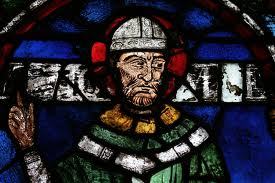
He was to prove on more than one occasion that he could cope with the rough and tumble of life and he seemed an unlikely candidate to become England's first Christian Martyr, rather a life of comfortable if somewhat lively obscurity appeared to beckon.
His education, though often good, was somewhat piecemeal, and his father was never so wealthy that Thomas did not have to go out and earn his living, but his family did have connections and through these his father was able to secure a number of important posts for him.
Early on the young Thomas who had taken the time to study law displayed a flair for administration and appeared to understand the minutiae of financial accounting which was a rare asset indeed and this talent if no other was to guarantee that he was a man going places.
Becket's administrative abilities earned him a place in the household of Theobald Bec, the Archbishop of Canterbury, where a major part of his duties was to represent the Archbishop abroad and it was while resident in both Italy and France he took to studying Canon Law.
He had never before considered the religious life and as a man who enjoyed good food and wine and liked to dress to impress it seems unlikely that he did so now, but it is a measure of his character that he determined to understand in full measure the task before him.
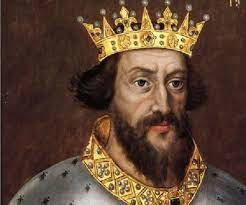
In January 1155, Theobald recommended Thomas to the young King Henry II as Lord Chancellor and Henry who was aware of Becket's reputation in financial matters, was happy to oblige.
He was not to be disappointed for Becket was to flourish in his new role using his connections within the clergy to ensure that few failed to pay their taxes on time and his deep understanding of the law and how it could be best utilised saw the revenue from land assets increased considerably. So much so that the King's coffers were soon overflowing and Henry who could not have been more pleased with his new Chancellor who knew how to squeeze a penny soon unburdened him of the administrative minutiae that so bored him.
These two very different men soon became good friends, and all who saw them together could see that their relationship was a close and special one. They were rarely out of each other’s company with the tall, slim, pale faced, studious Becket, always calm and self-assured being about the only man who could keep pace with the stocky, powerfully built, hyper-active Henry, ten years his junior. So, they drank together, hunted together and chased women together and it seemed to those at Court that they were inseparable.
In 1162, Theobald died and the obvious candidate to replace him as Archbishop of Canterbury was Thomas Becket even though, he had not yet been ordained as a priest. This oversight was soon rectified, and he was ordained on 2 July and the following day his appointment as Archbishop was confirmed.
Henry was delighted, Becket less so, and prior to his appointment he had warned the King that should he become Archbishop, "Our friendship will turn to hate."
Henry now had every reason to believe that he had found the man to deal with the conflict between his own and Church authority that so plagued his reign. After all, Becket was no monk he was a hard living, heavy drinking man of the people. He was also his friend.
But Becket was also a man who took his responsibilities seriously and once he became Archbishop he very quickly transformed himself into the ascetic man of the cloth and unknown to both his associates and the King he had already taken to sleeping on a stone floor and wearing a hair-shirt under his expensive clerical vestments.
With his man in place, Henry now decided that he wanted to assert his authority over the Church once and for all.
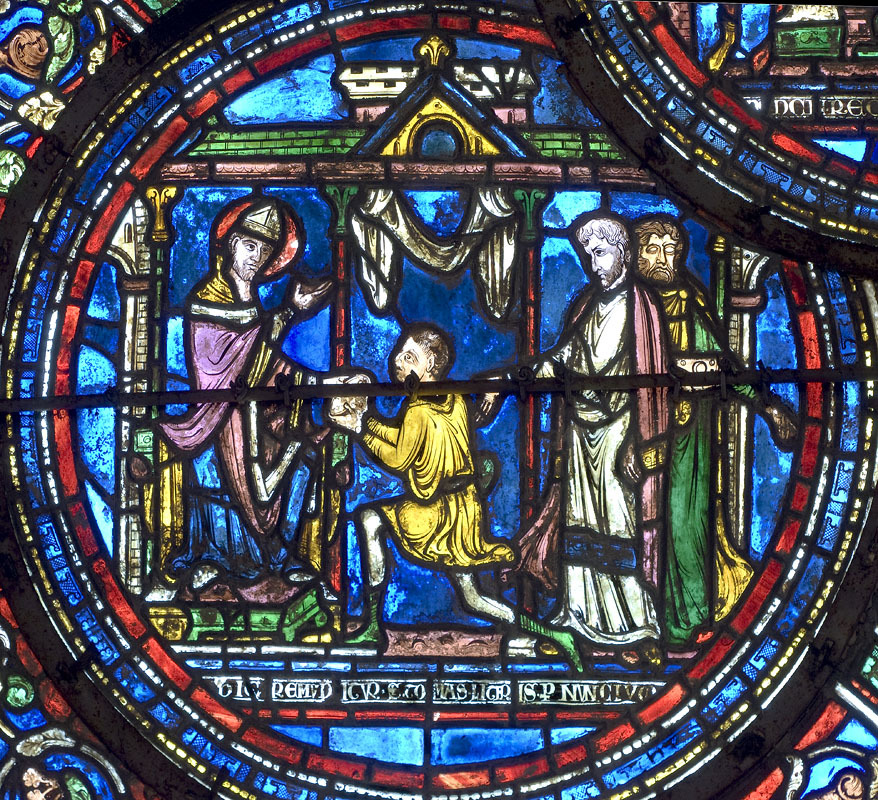
On 30 January 1164, Henry invited the Nobility and the leading members of the Clergy, to an Assembly at Clarendon Palace where he sought to weaken the ties the Church had to Rome and thereby diminish the power of the Pope, restrict clerical independence, and make the clergy conform to his will - there was also the controversy over the role of Church Courts
Any member of the clergy or even those with loose ties to the Church regardless of the severity of their crime had the right to be tried before a Church Court. Unable by law to inflict the harsher physical punishments the Church would often merely pass sentences of spiritual redemption.
Henry and his Nobles wanted the miscreants who often included murderers and even those of traitorous intent handed over to the Royal Courts for sentencing and he was successful in bringing most of the clergy into line, but Becket would not be persuaded.
Whereas the clergy endorsed the changes, Becket damned them and refused to sign the document that would have seen their implementation. His decision flew in the face of the majority of the Church he was supposed to represent.
Becket had never been popular with the greater part of the clergy who considered him a commoner, coarse in his language, and brusque in his manner - an upstart parvenu who had been promoted way beyond his station. Now this man who'd had little formal religious training dared to preach to them on issues of Canon Law.
Henry tried to use their friendship to persuade Becket to agree to the Constitutions of Clarendon and it appeared that he had secured his agreement to do so verbally at least, but he still refused to sign the document required to bring it into law.
Henry, who was always on a short fuse, now ordered Becket to appear at Northampton Castle on 8 October 1164 to face charges of malfeasance in his Office as Lord Chancellor, and for having contempt for Royal Authority. Becket denied all the charges and the exchanges between him, and his accusers became ever more heated and using language rarely heard at Court he abused those who spoke against calling them pimps, whore-mongers and bastards.
He was nevertheless found guilty and fearing for his life, that night an associate of his procured a horse and together, while most slept, they fled. No longer able to remain in England, Becket and a few friends took ship for France. Seizing upon a political opportunity to embarrass his rival Henry, the French King Louis VII, guaranteed the exiled and destitute Becket protection.
Becket and his followers now established an effective Government-in-Exile at the Cistercian Abbey of Potigny while in England, Henry relentlessly persecuted anyone known to favour Becket. In return, Becket threatened to excommunicate the King's friends and at one point even the King himself. Eventually, in 1170, in order to end a dispute that was damaging the unity of Christendom, Pope Alexander III intervened to try and arbitrate some kind of reconciliation.
In the meantime, Henry had decided to crown his eldest son, also named Henry, his successor whilst he still reigned. The Coronation took place in June 1170 and was presided over by Roger Pont L'Eveque, the Archbishop of York.
This was a serious breach of protocol and custom as it was only within the remit of the Archbishop of Canterbury to preside at Coronations. Despite this deliberate attempt on the part of the King to undermine the authority of his senior cleric, Henry and Becket were to meet for one last time at Freteval in France.
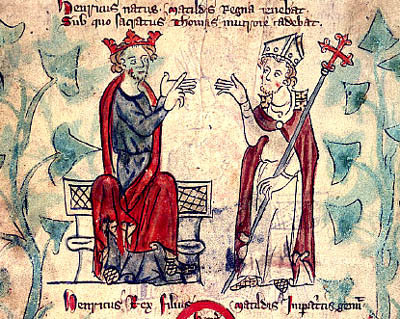
The occasion was fraught with tension, but this was relieved somewhat when Becket dismounted from his horse and knelt in supplication before the King who overwhelmed with emotion grabbed his old friend by his arms and raised him to his feet. The two of them then sat beneath a tree and spoke to each other alone for some hours.
To those present it seemed as if these two powerful men, once friends but more recently implacable enemies were reconciled once more. But the dispute between the King and his Archbishop had been as personal as it had political. Henry believed he had been betrayed by the man he had broken bread with, raised to stand alongside him and had elevated to the highest position in the land other than his own. Becket similarly mistrusted the motives of the man he had got to know so well and believed had used him to do his bidding contrary to God’s Will thereby imperilling his soul – and bad blood between close friends is rarely purified.
Before they parted, Henry remarked that he expected to see Becket again soon. To which Becket replied: "Something tells me that we will never see one another again." Henry, taken aback snapped angrily, "Do you take me as a traitor then?" To which Becket responded, "Heaven Forbid!"
Becket returned to England in the late autumn of 1170, to little fanfare or public rejoicing and responded to his frosty reception by excommunicating L'Eveque and those others within the Church hierarchy he knew to be his enemies. L'Eveque, Gilbert Foliot the Bishop of London, and Joceline de Bohun the Bishop of Salisbury all now fled in high dudgeon to Henry's Court at Bures in Normandy. Upon hearing the news of their excommunication Henry flew into a rage.
He believed that just as he had forgiven and compensated those who had supported Becket during their dispute, the Archbishop, would likewise forgive and embrace his followers. Now that bond of trust between them that had been stretched to breaking point snapped.
One night during dinner Henry raged aloud against his frustratingly obdurate, bloody-minded, cantankerous Archbishop: "What miserable drones and traitors have I nourished and brought up in my household, who let their Lord be treated with such shameful contempt by a low-born cleric." Others reported that he also remarked, "Will no one rid me of this turbulent priest!"
Henry, who had always struggled to control his temper spoke rashly and never meant for Becket to be killed. But to some of those present his words were to be taken literally.
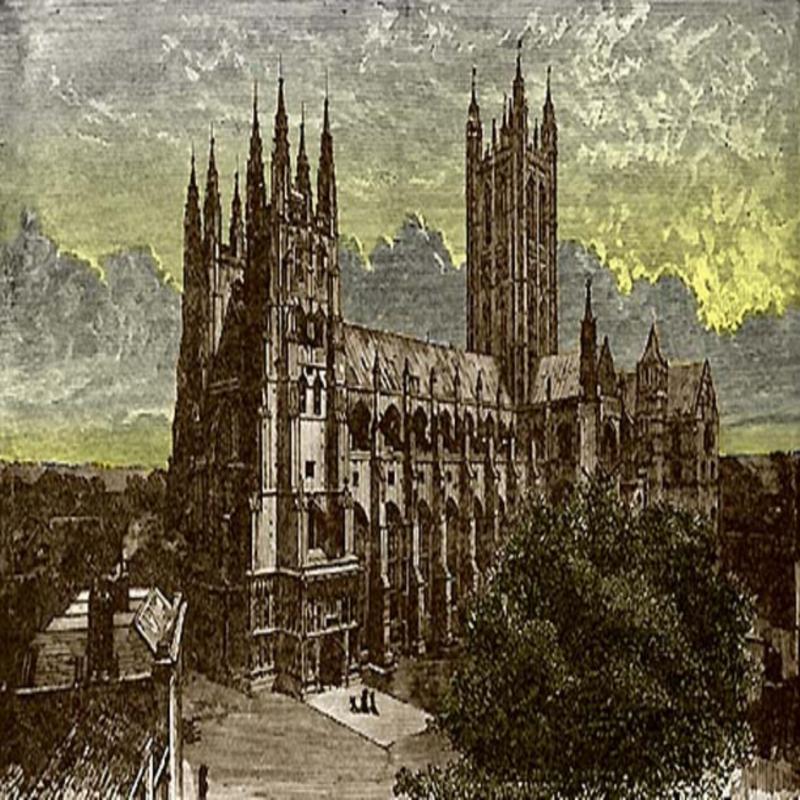
On 29 December 1170, four knights Reginald FitzUrse, Hugh de Morville, William de Tracy and Richard de Breton, arrived at Canterbury Cathedral.
They had been drinking heavily the night before and were likely still under the influence of alcohol but even, so they stacked their weapons at the Cathedral door out of respect but were angered when they were refused entry.
Informed that there were armed men outside but that the doors had been closed to them, Becket ordered them opened. It was Vespers and he would not deny his congregation entry. Neither would, as he was advised to do, run away or hide. He would continue to do God's work.
As the knights entered most of Becket's attendants fled but he remained performing his duties and ignoring their presence. When they told him, politely but firmly, that he must accompany them to Winchester to account for his behaviour he denied their authority to make demands of him but informed them that they may remain if they wished.
Frustrated the knights now tried to manhandle him out of the Cathedral but Becket gave as good as he got, brushing them aside and giving them the sharp edge of his tongue. Humiliated by their failure to subdue the obdurate Archbishop the knights left returning shortly after their demeanour more threatening and with swords drawn but then panicked when they found he had gone.
But Becket was by now in the Cathedral Main Hall preparing for the Evening Service where despite their threats he continued to ignore them. Edward Grim, a clerk who had remained concealed in the Cathedral described what happened:
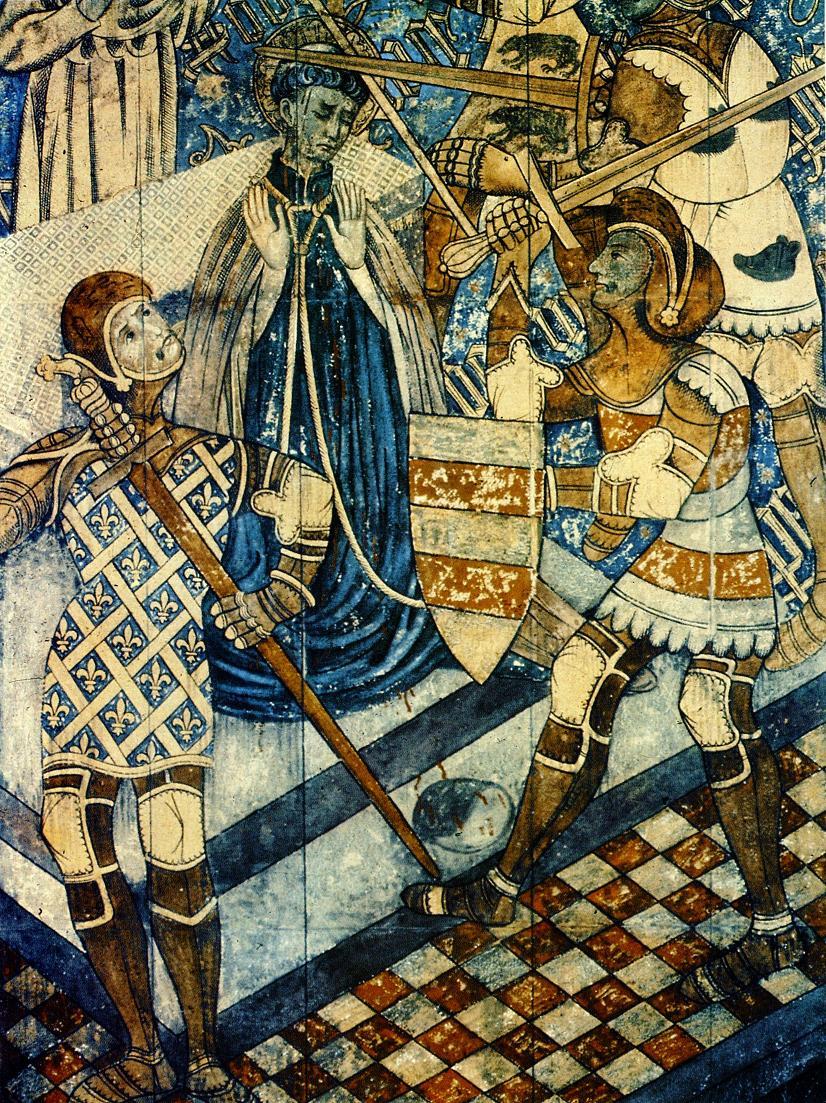
"The knights leapt suddenly upon him cutting off the crown of his head. Next he received a second blow, but still he stood firm and immovable. At the third blow he fell to his knees and elbows, offering himself a living sacrifice, and saying in a low voice “For the name of Jesus and the protection of the Church, I am ready to embrace death”. A third knight then inflicted a terrible wound as he lay prostrate. The top of Becket's head had been severed, and as he lay dead upon the ground, his brains were scooped out and spread across the Cathedral floor. Someone then said, "Let us away knights, this fellow will arise no more."
How Henry reacted at the news of the brutal murder of his old friend is unknown but the initial response of most of the clergy was one of rejoicing - The martinet Becket was dead! But within months of his murder, and the discovery that despite appearances he had lived an ascetic life, he was being venerated throughout Europe as a Christian martyr.
On 12 July 1171 perhaps bowing to pressure, perhaps out of a genuine sense of guilt and grief, Henry walked barefoot to Canterbury Cathedral in an act of public penance. Once there he prostrated himself before the Shrine to Thomas Becket and was flogged by the monks.
Over the next few years, the Shrine to Saint Thomas a' Becket was to become a significant destination for Christian pilgrims across Europe.
Following the murder, the knights responsible had fled to Hugh de Morville's Castle at Knaresborough in Yorkshire. Henry chose not to pursue or punish them but also refused to defend them when the Pope ordered their excommunication. Instead, he encouraged them to travel to Rome to beg the Pope's forgiveness but rather than receive absolution of their sins they were ordered to do fourteen years service in the Holy Land as penance. None of them were to return home alive.
On 23 February 1173, at Segni in Italy, Pope Alexander III canonised Thomas Becket.
Tagged as: Ancient & Medieval
Share this post:





